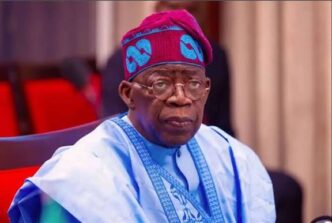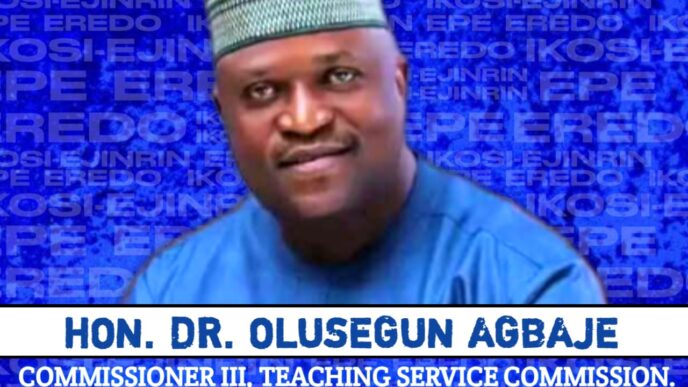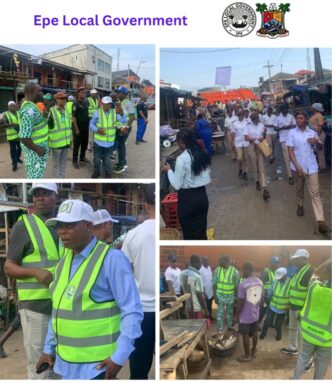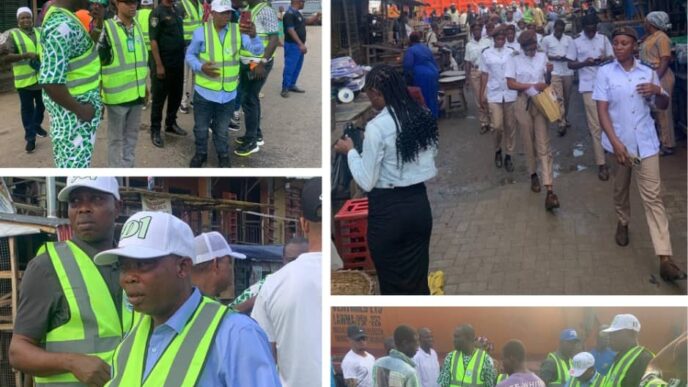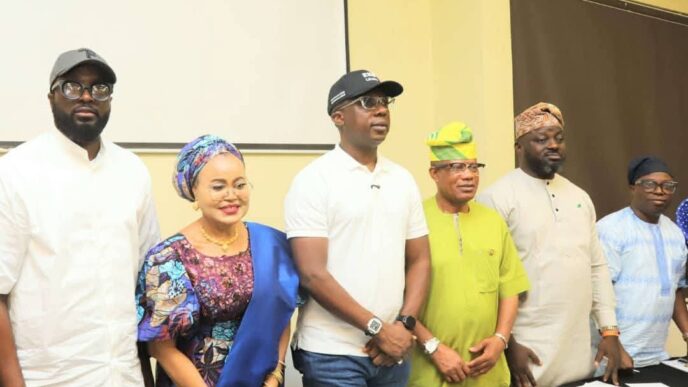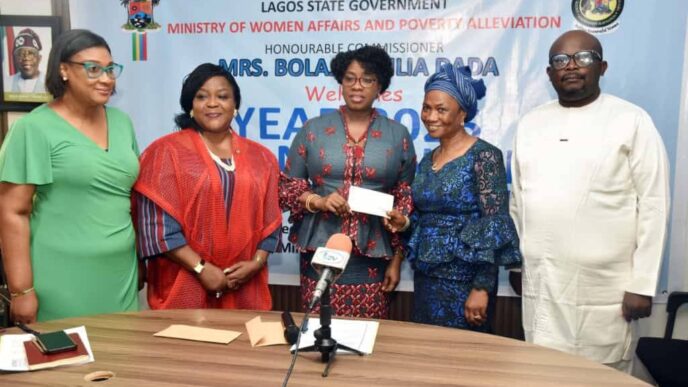As President Bola Tinubu marked two years in office on May 29, 2025, his administration turned once more to its flagship reform strategy, the Renewed Hope Agenda, to argue that a new chapter in Nigeria’s socio-economic development has begun.
Yet for many Nigerians, the mood remains conflicted: while the government points to fiscal gains and structural reforms, households and businesses continue to grapple with soaring costs, persistent insecurity and structural bottlenecks.
Reform Gains: What the Government Points To
On the positive side, the Tinubu administration has recorded several headline-worthy metrics:
-
The fiscal deficit reportedly narrowed from 5.4 % of GDP in 2023 to about 3.0 % in 2024, according to the presidency.
-
The oil & gas sector revived: rig counts are claimed to be up over 400 % relative to 2021, with over US$8 billion in fresh investments committed.
-
The government says it has phased out so-called “Ways & Means” financing (central bank overdrafts to government), a move aimed at taming inflationary pressures.
-
In infrastructure and energy reform, new laws and funding instruments have been launched. For example, the approval of a N4 trillion (≈ US$2.6 billion) refinancing plan for the electricity sector debt was announced in August 2025.
These measures suggest the administration is serious about addressing long-term structural problems: unsustainable subsidies, a weak power grid, currency instability and low revenue generation.
The Other Side: Hardships and Unmet Expectations
However, the lived experience for many Nigerians tells a different—or at least a more complicated—story:
-
Inflation remains high. Despite government claims of easing, many analysts and observers say the cost of living crisis remains acute.
-
Electricity supply, though improved in some metrics, remains unreliable, while tariffs have surged and debt to generation companies remains very large.
-
Unemployment, food insecurity and poverty remain widespread. A recent joint report by the International Monetary Fund (IMF) and the World Bank estimated that over 129 million Nigerians now live below the national poverty line, an increase from 104 million in 2023.
-
The removal of fuel subsidies which government labels as a necessary reform has had direct ripple effects: transport costs increased, businesses passed on higher energy and input costs, and vulnerable households bore the burden.
In short, the “foundation-building” message that the presidency emphasises hasn’t, in the view of many citizens, translated into immediate relief or tangible improvements in quality of life.
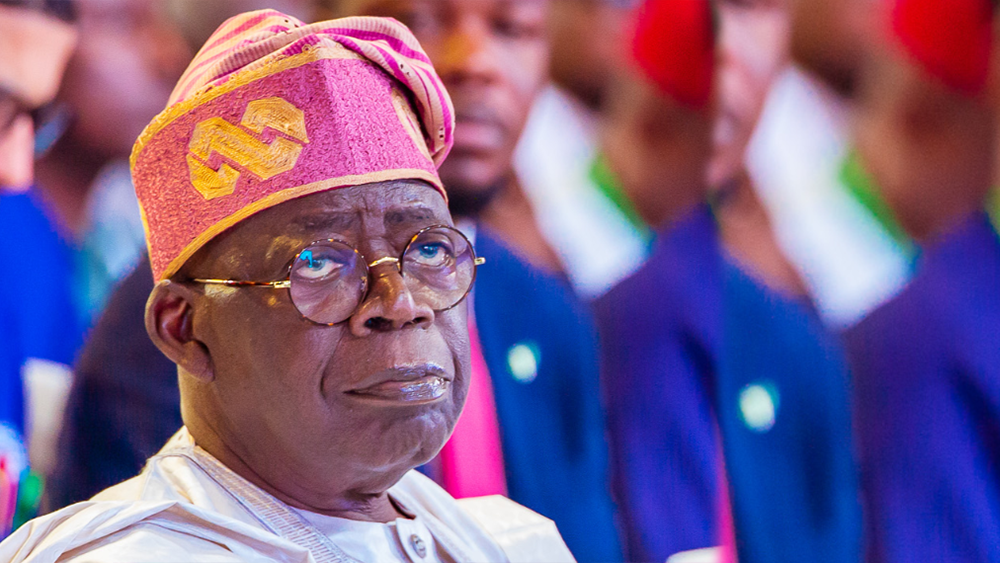
A Closer Look: Routes of Reform vs. Routes of Pain
While government figures boast about gross proceeds and oil sector growth, the challenge is translating those macro gains into jobs and incomes. For many small- and medium-sized enterprises (SMEs) which account for the bulk of employment in Nigeria, the cost pressures are immense.
The energy sector debt refinancing plan is a bold move, but it comes against a backdrop of frequent grid collapses and continued short supply. For households and businesses, the cost of alternative power (diesel, private generators) remains a major burden.
Agriculture remains hostage to insecurity, logistics bottlenecks and infrastructure deficits. Meanwhile, food inflation remains a major driver of hardship—especially for the low-income majority.
The prestige metrics (fiscal consolidation, improved investor confidence) are bolstered by reform talk, but critics say the social safety nets needed to cushion vulnerable Nigerians are “too little, too late.”
What It All Means for the “Renewed Hope Agenda”
President Tinubu and his team consistently frame the two-year milestone as “phase one” of a long-term transformation: laying groundwork, stabilising the economy, and setting the stage for growth.
Yet, the risk lies in the gap between promise and impact:
-
If high inflation persists and incomes stagnate, public discontent may deepen—even if macro figures improve.
-
If infrastructure investments take years to bear fruit, the “hope” message may lose credibility unless individual living standards begin to show clearer improvement.
-
Governance and execution capacity remain major constraints: reforms in law and policy are necessary but not sufficient.
Looking Ahead: Key Watchpoints
-
Will inflation fall meaningfully by end-2025? The government targets 15 % in its budget but many analysts remain sceptical.
-
Will the electricity debt plan translate into real supply improvements rather than just bookkeeping?
-
Will social welfare programmes expand in scale and impact so that vulnerable groups feel the reforms, rather than only investors and elites?
-
How will the security situation (including in agricultural regions) affect food production, logistics and the cost of living?
Verdict
Two years in, the Tinubu administration has undeniably made bold structural moves under the Renewed Hope Agenda. But for many Nigerians, the question remains: When will the hope translate into relief? With inflation still biting, power supply unpredictable and jobs uncertain, the second half of his term will likely hinge on whether citizen-level outcomes begin to match the high-level rhetoric and macro statistics.
